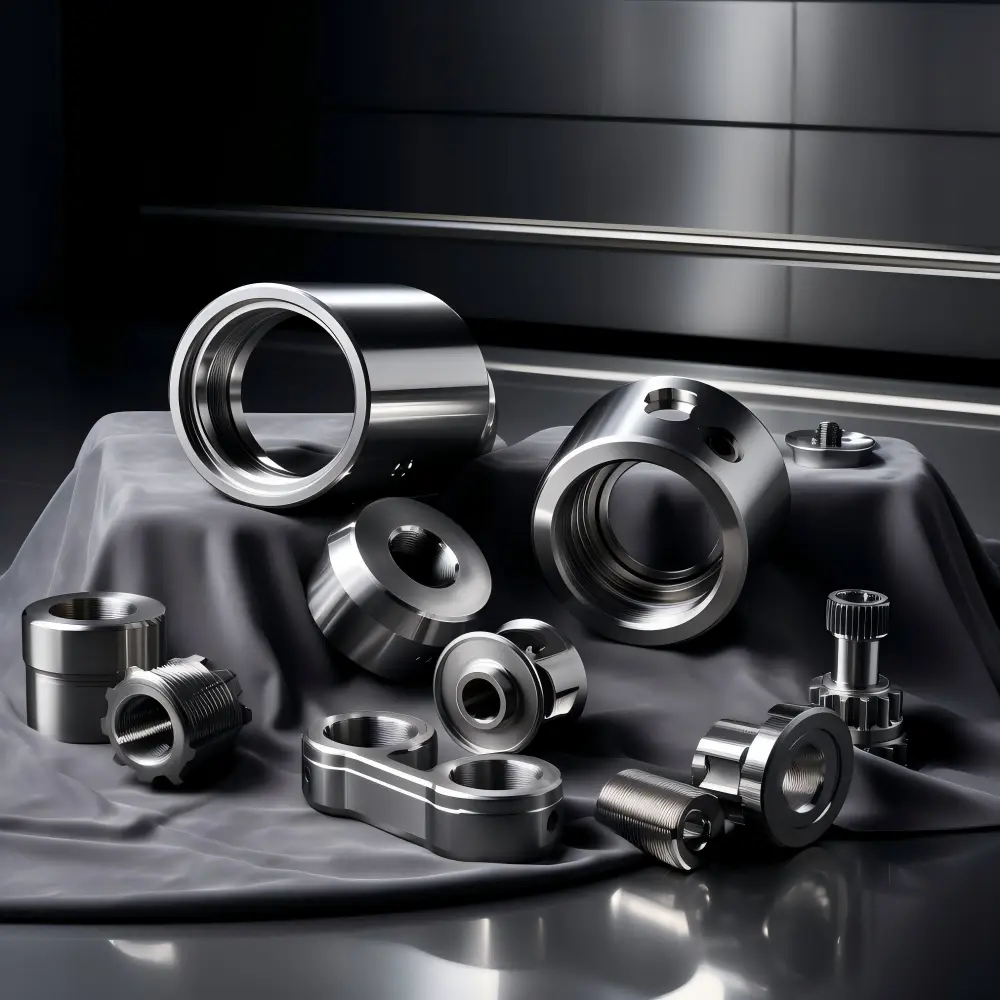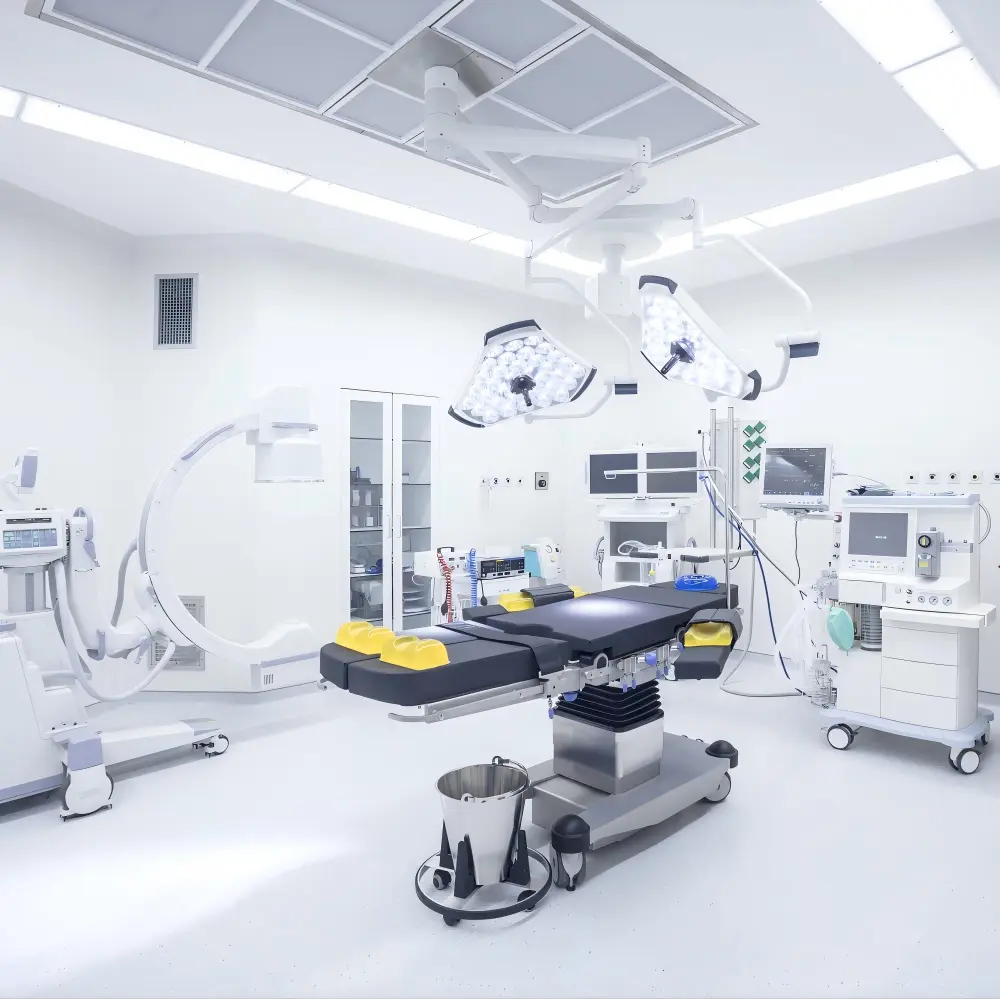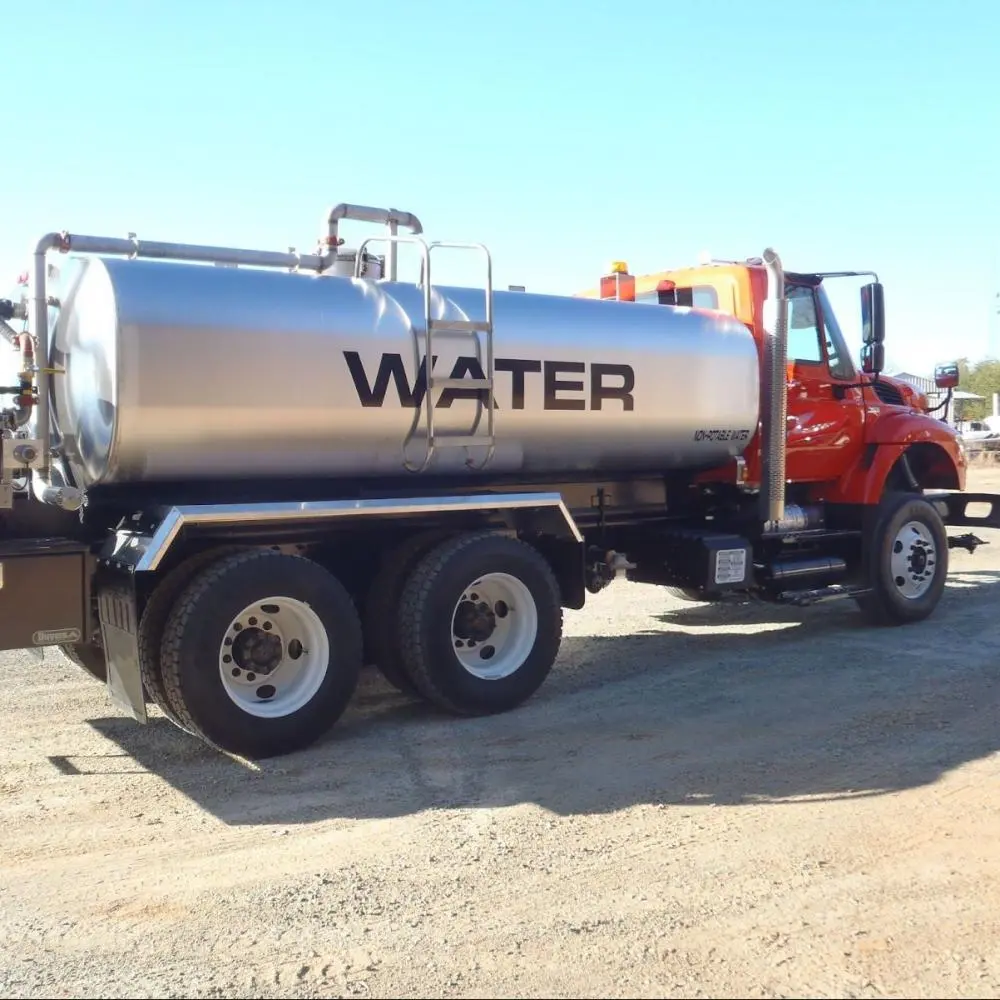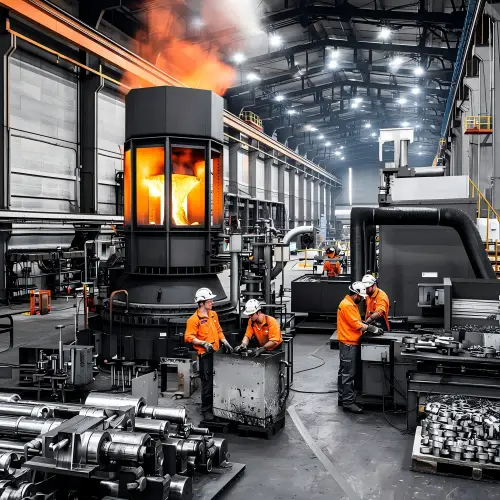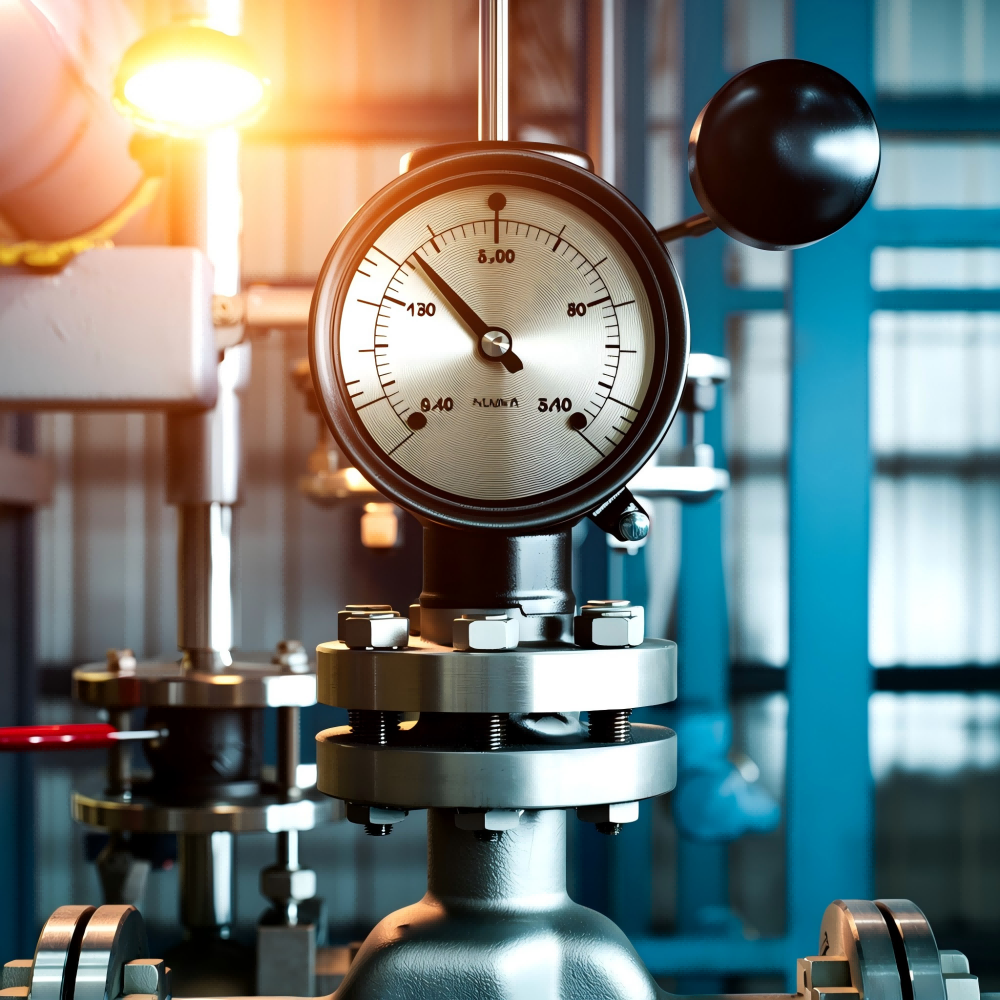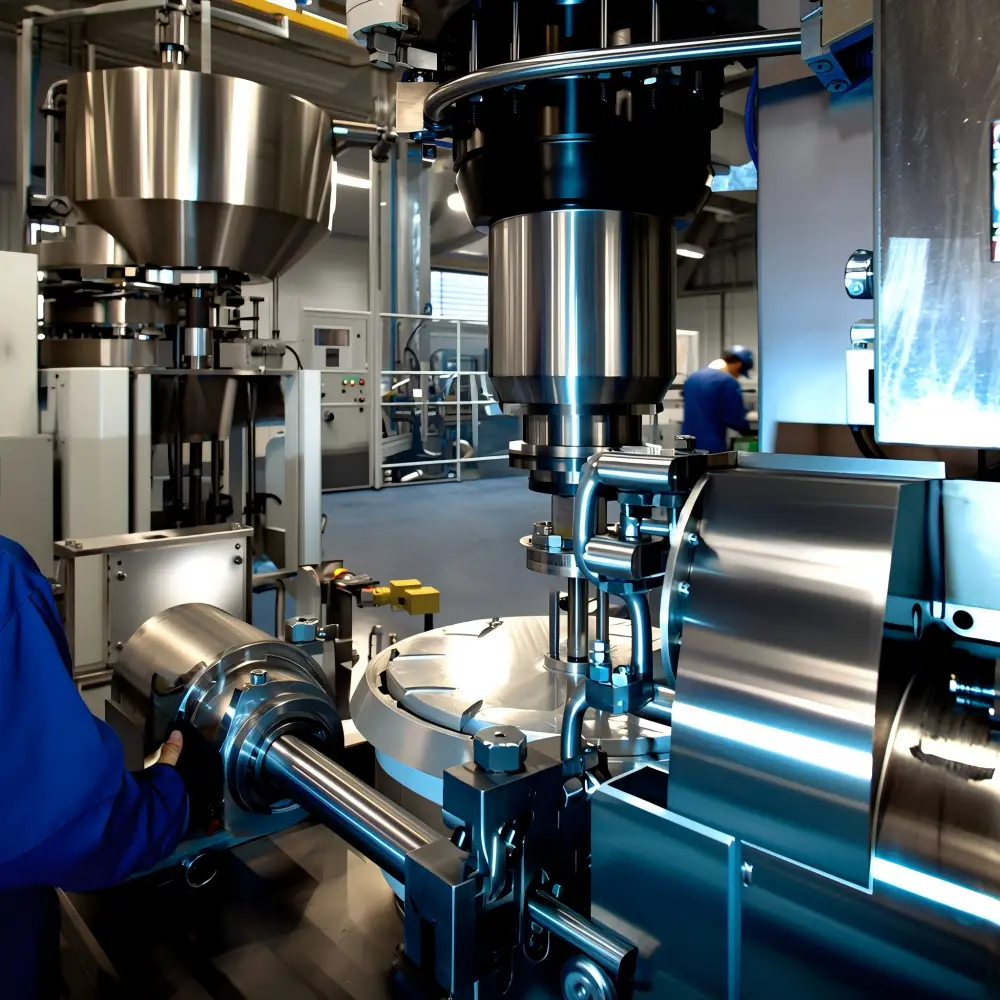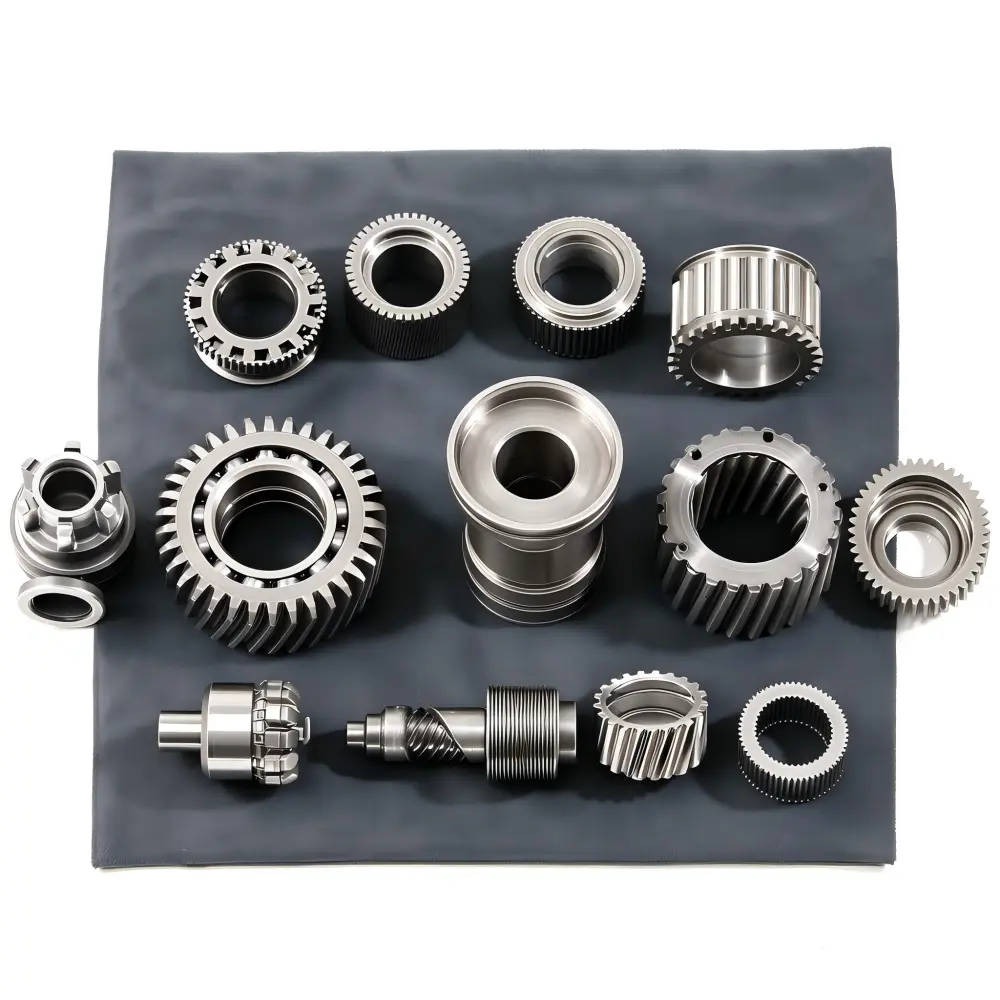How Precision Castings Improve Automotive Performance
Stainless steel Precision Castings transform automotive performance by delivering unmatched durability and efficiency. You benefit from components that resist wear and tear, ensuring your vehicle lasts longer under demanding conditions. These castings also reduce weight while maintaining strength, which improves fuel economy and enhances overall vehicle performance. The advanced technology behind precision castings allows manufacturers to create intricate designs with high accuracy, meeting the evolving needs of modern automotive engineering. This innovation ensures your vehicle operates at peak performance while remaining cost-effective.
Key Takeaways
- Stainless steel precision castings enhance automotive durability, ensuring components resist wear and tear for a longer vehicle lifespan.
- Lightweight design from precision castings improves fuel efficiency, allowing you to save on fuel costs and reduce your environmental footprint.
- The high dimensional accuracy of precision castings minimizes the need for extensive machining, leading to cost-effective manufacturing.
- Precision castings enable the production of intricate and customizable parts, meeting the specific performance needs of modern vehicles.
- Sustainable manufacturing practices in precision casting are on the rise, contributing to eco-friendly automotive solutions.
- Advancements in casting technology, including automation and 3D printing, are set to improve the quality and efficiency of automotive components.
- Electric vehicles benefit significantly from precision castings, as they provide lightweight and durable parts essential for optimal performance.
Overview of Stainless Steel Precision Castings
What Are Precision Castings?
Precision castings represent a manufacturing process that creates complex and detailed components with remarkable accuracy. This method, often referred to as investment casting, involves pouring molten metal into a mold designed to replicate the desired part. Once the metal solidifies, the mold is removed, leaving behind a precise replica of the original design.
You benefit from this process because it ensures high dimensional accuracy and smooth surface finishes. Manufacturers rely on precision castings to produce parts that meet strict specifications without requiring extensive machining. This technique is especially valuable in industries like automotive, where intricate designs and reliable performance are essential.
Why Stainless Steel Is Ideal for Automotive Applications
Stainless steel stands out as a preferred material for automotive precision castings due to its exceptional properties. It resists corrosion, ensuring that components maintain their integrity even in harsh environments. This durability translates to longer-lasting parts, reducing the need for frequent replacements.
The material also withstands high temperatures, making it suitable for critical automotive components like engine parts and exhaust systems. Its strength-to-weight ratio allows manufacturers to create lightweight yet robust parts, improving fuel efficiency and vehicle performance. Additionally, stainless steel offers excellent machinability, enabling the production of intricate designs that meet modern automotive demands.
By choosing stainless steel precision castings, you gain access to components that enhance your vehicle's reliability, efficiency, and longevity. This combination of advanced manufacturing techniques and superior material properties ensures that your car performs at its best under various conditions.
Key Benefits of Precision Castings in Automotive Applications
Durability and Longevity
Precision castings provide unmatched durability for automotive components. You rely on your vehicle to perform under tough conditions, and these castings ensure that critical parts withstand wear and tear. Stainless steel, used in precision casting, resists corrosion and high temperatures. This resistance protects components like engine parts and exhaust systems from damage over time.
The longevity of precision castings reduces the need for frequent replacements. You save money on maintenance while enjoying a reliable vehicle. Manufacturers design these castings with high accuracy, ensuring that each part fits perfectly and functions as intended. This precision enhances the overall lifespan of your car, giving you peace of mind on the road.
Efficiency and Lightweight Design
Precision castings play a key role in improving vehicle efficiency. Lightweight components reduce the overall weight of your car, which directly impacts fuel economy. You benefit from lower fuel consumption, saving money and reducing your environmental footprint. Despite being lightweight, these castings maintain exceptional strength, ensuring safety and performance.
The intricate designs made possible by precision casting technology also contribute to efficiency. Manufacturers create parts with optimized shapes and structures, improving airflow, reducing friction, or enhancing heat dissipation. These improvements translate to better engine performance and smoother driving experiences for you.
Cost-Effectiveness in Manufacturing
Precision castings offer significant cost advantages in automotive manufacturing. The process minimizes material waste by using molds that produce near-net-shape components. You benefit from this efficiency because it lowers production costs, making vehicles more affordable without compromising quality.
The high dimensional accuracy of precision castings reduces the need for extensive machining. Manufacturers save time and resources, which further decreases production expenses. Additionally, the durability of stainless steel components means fewer warranty claims and repairs, ensuring long-term savings for both manufacturers and vehicle owners like you.
Automotive Parts Using Precision Castings
Engine Components
Precision castings play a vital role in creating engine components that deliver high performance and reliability. You rely on your engine to function efficiently under extreme conditions, and precision castings ensure that critical parts meet these demands. Components like cylinder heads, turbocharger housings, and exhaust manifolds benefit from the dimensional accuracy and strength provided by this manufacturing process.
Stainless steel precision castings resist heat and corrosion, making them ideal for engine parts exposed to high temperatures and harsh environments. This durability ensures that your engine operates smoothly over time, reducing the likelihood of breakdowns. The intricate designs achievable through precision casting also improve airflow and fuel combustion, enhancing overall engine efficiency.
Suspension and Steering Systems
Suspension and steering systems rely on precision castings to maintain stability and control. You depend on these systems to provide a smooth and safe driving experience, and precision castings contribute by delivering lightweight yet robust components. Parts such as control arms, knuckles, and brackets are often manufactured using this method.
The high strength-to-weight ratio of stainless steel ensures that these components withstand the stresses of daily driving. Precision castings also allow for complex geometries, enabling manufacturers to design parts that optimize suspension performance. This precision enhances your vehicle's handling, ensuring a comfortable and responsive ride.
Transmission and Drivetrain Parts
Transmission and drivetrain systems require components that can handle significant mechanical stress. Precision castings provide the strength and durability needed for parts like gears, housings, and shafts. You benefit from smoother gear shifts and improved power transfer, which enhance your driving experience.
Stainless steel precision castings ensure that these components resist wear and tear, even under heavy loads. The manufacturing process produces parts with tight tolerances, ensuring seamless integration within the transmission and drivetrain systems. This precision reduces energy loss and improves overall efficiency, helping your vehicle perform at its best.
Impact of Precision Castings on Automotive Performance Metrics
Enhancing Durability and Reliability
Precision castings significantly improve the durability and reliability of automotive components. You depend on your vehicle to perform consistently, even under challenging conditions. Precision castings ensure that critical parts, such as engine components and suspension systems, resist wear and tear over time. The manufacturing process creates parts with exceptional strength and dimensional accuracy, which helps them withstand mechanical stress and harsh environments.
Stainless steel, commonly used in precision castings, offers excellent resistance to corrosion and high temperatures. This material ensures that components maintain their structural integrity, even when exposed to extreme heat or moisture. By relying on precision castings, you gain confidence in your vehicle's ability to handle demanding situations without frequent breakdowns or repairs.
Supporting Weight Reduction and Fuel Efficiency
Precision castings play a vital role in reducing the overall weight of your vehicle. Lightweight components improve fuel efficiency by requiring less energy to move the car. You benefit from lower fuel consumption, which saves money and reduces your environmental impact. Despite their reduced weight, these components maintain the strength needed to ensure safety and performance.
The advanced technology behind precision castings allows manufacturers to create intricate designs that optimize weight distribution. These designs improve aerodynamics and reduce energy loss, enhancing your vehicle's overall efficiency. By incorporating precision castings into automotive manufacturing, you enjoy a smoother and more economical driving experience.
Enabling Precision and Customization
Precision castings enable the production of highly accurate and customizable automotive parts. You expect your vehicle to meet specific performance standards, and precision castings make this possible. The process ensures that each component matches exact specifications, resulting in seamless integration and optimal functionality.
Customization becomes easier with precision castings. Manufacturers can create parts tailored to unique designs or specialized applications. This flexibility allows for innovations in automotive engineering, such as components designed for electric vehicles or high-performance sports cars. By choosing vehicles with precision-cast components, you benefit from cutting-edge technology that enhances both performance and aesthetics.
Future Trends and Innovations in Precision Castings
Advancements in Casting Technology
You can expect significant advancements in casting technology to shape the future of precision castings. Modern techniques, such as 3D printing and computer-aided design (CAD), now allow manufacturers to create more intricate and precise molds. These innovations reduce production time and improve the accuracy of automotive components. You benefit from parts that fit perfectly and perform reliably.
Automation also plays a key role in advancing Casting Processes. Robotic systems streamline production, ensuring consistent quality and reducing human error. This technology enhances efficiency, enabling manufacturers to meet growing demands for high-performance automotive parts. As these advancements continue, you will see vehicles equipped with even more reliable and efficient components.
Sustainable Manufacturing Practices
Sustainability is becoming a priority in the manufacturing of precision castings. You will notice a shift toward eco-friendly practices that reduce waste and energy consumption. Manufacturers now use recyclable materials and adopt energy-efficient processes to minimize their environmental impact. These efforts align with global goals for reducing carbon emissions.
Water-based binders and reusable molds are gaining popularity in casting processes. These innovations lower the environmental footprint of production while maintaining the quality of components. By supporting sustainable practices, you contribute to a cleaner environment without compromising the performance of your vehicle.
Applications in Electric Vehicles (EVs)
Electric vehicles (EVs) rely heavily on precision castings for their advanced components. You will find that lightweight and durable parts are essential for improving the efficiency and range of EVs. Precision castings enable the production of battery housings, motor components, and structural parts that meet the unique demands of electric vehicles.
The intricate designs achievable through precision casting optimize the performance of EV systems. For example, better heat dissipation in motor components ensures reliable operation. As the EV market grows, you can expect further innovations in casting technology to support the development of sustainable and high-performing electric vehicles.
Stainless steel precision castings play a vital role in advancing automotive engineering. You gain access to vehicles with improved performance, greater efficiency, and enhanced sustainability. These castings ensure critical components function reliably, reducing environmental impact and extending vehicle lifespans. As the industry evolves, you will see precision castings driving innovation, especially in electric and sustainable vehicles. Their ability to meet modern demands makes them essential for shaping the future of transportation.






